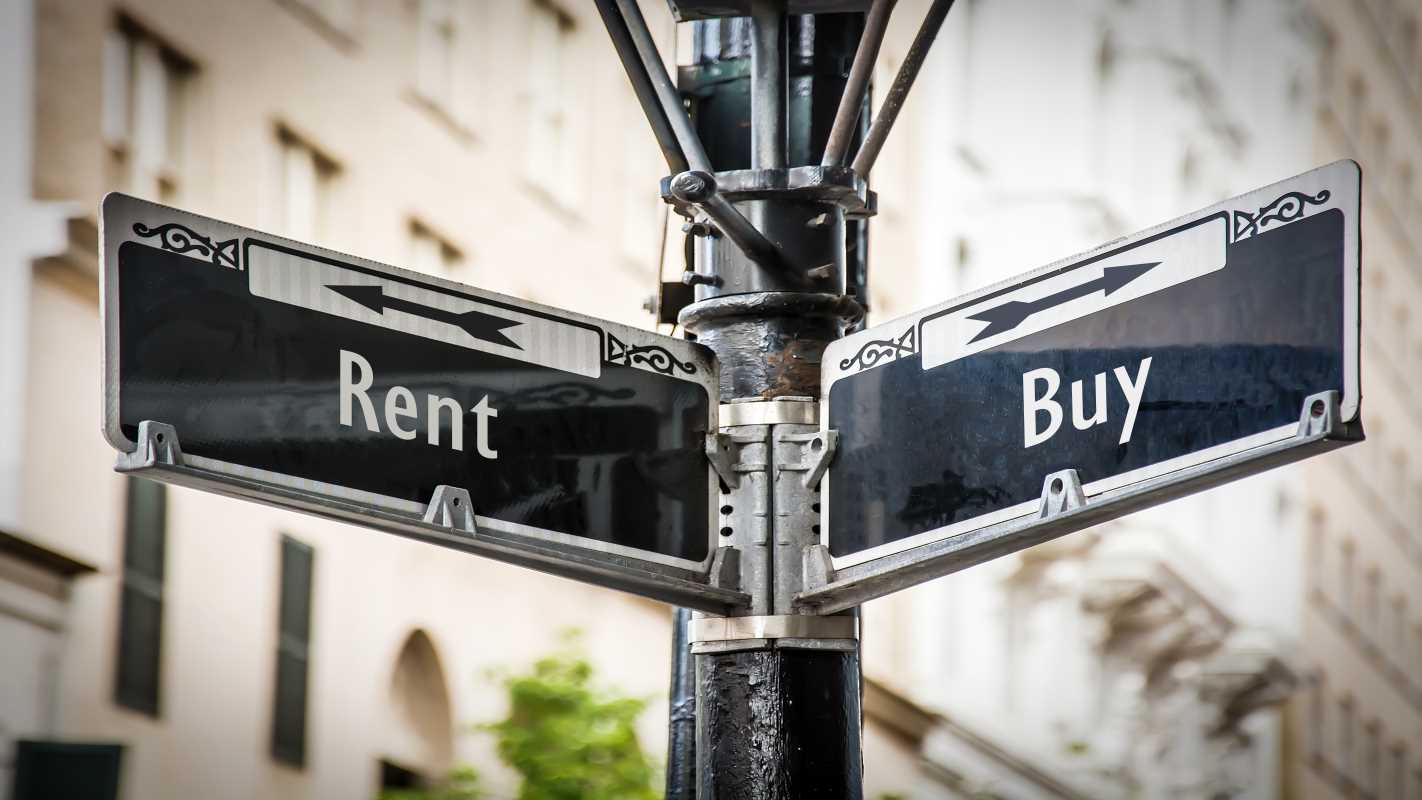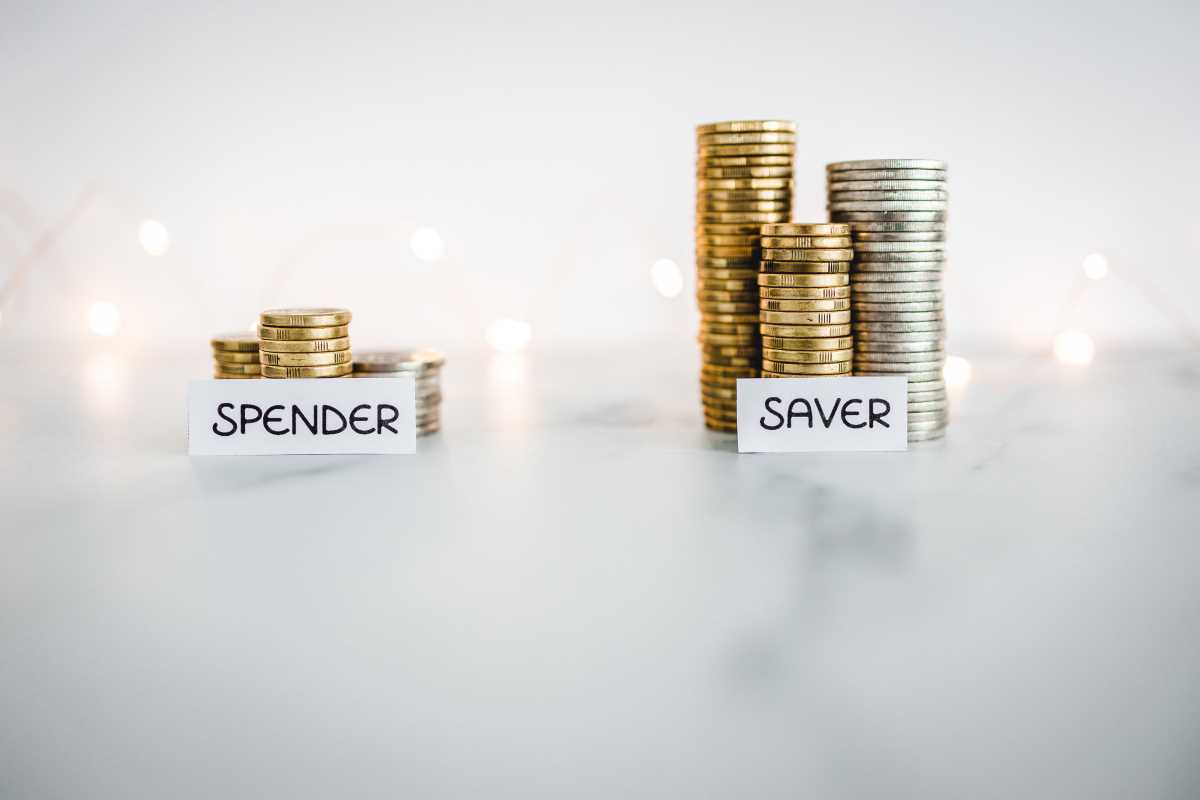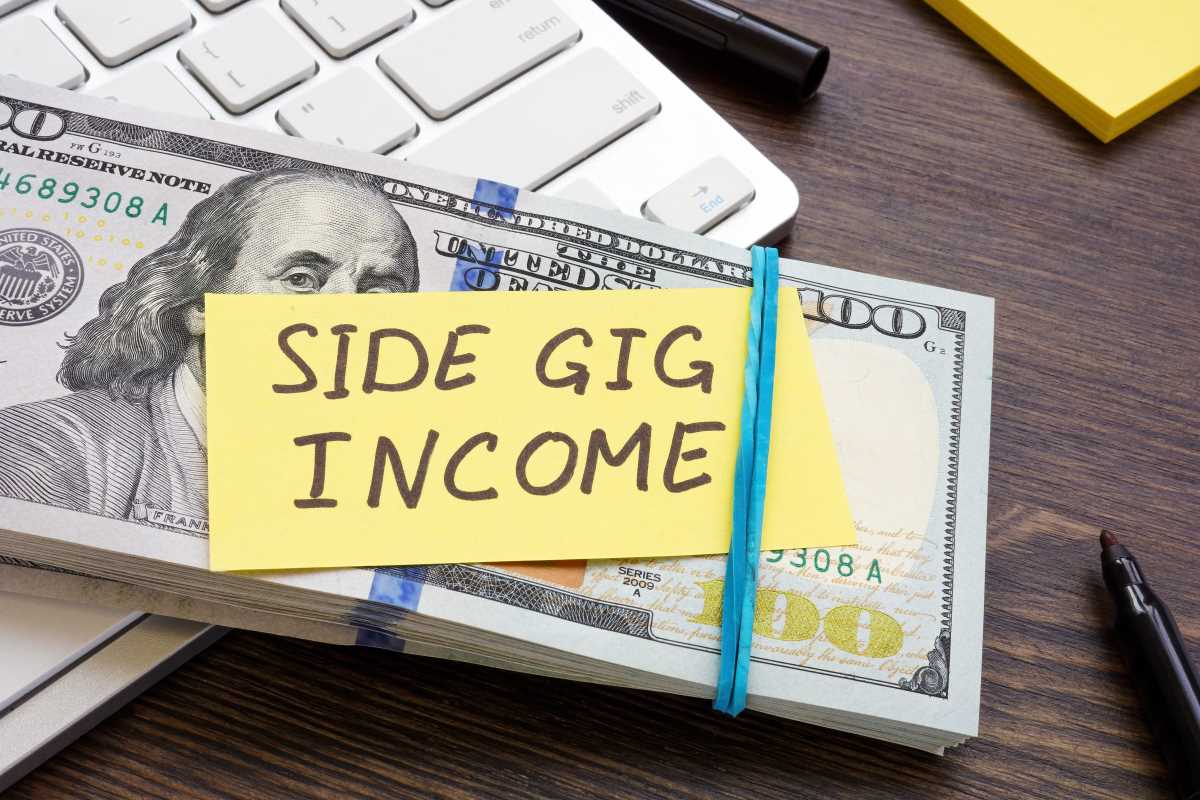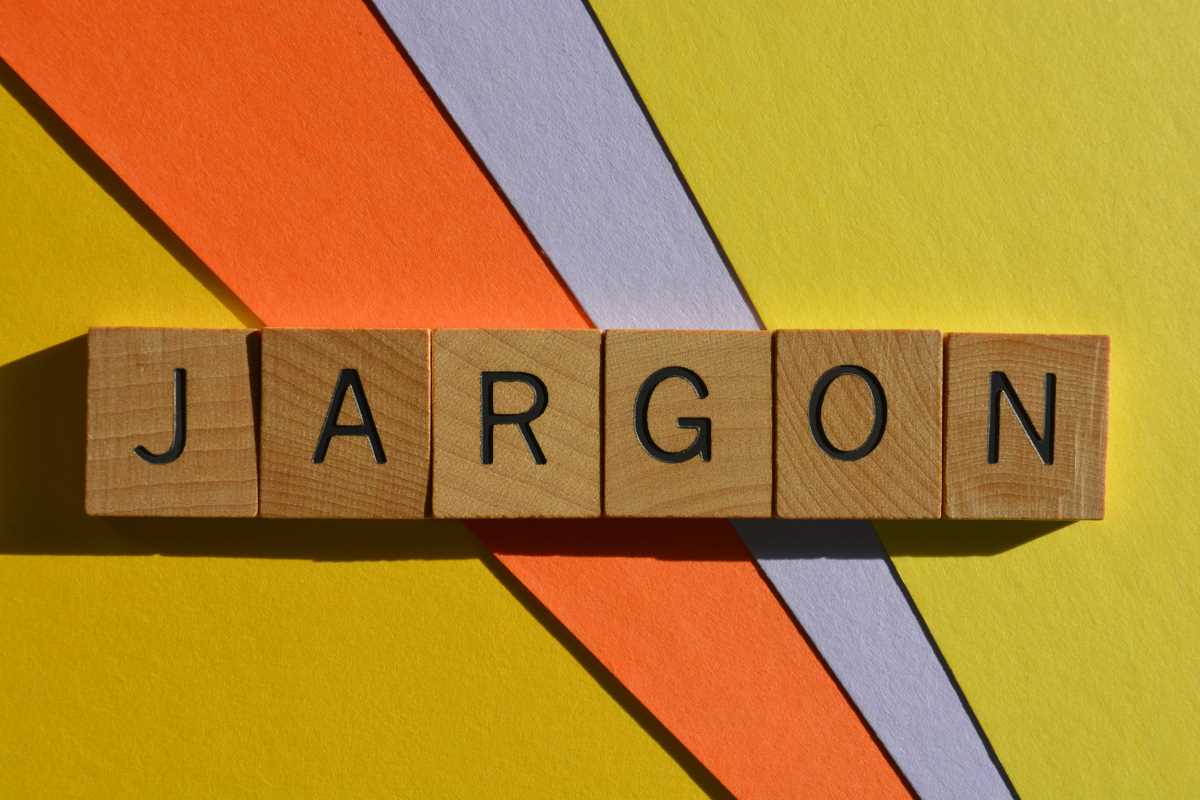If you’re in the market for a new car or another major purchase, you’ve probably encountered the dilemma of whether to lease or buy. It’s one of those decisions that can feel a bit overwhelming, especially for beginners in personal finance. But don’t worry! As a financial expert, I’m here to break down the differences between leasing and buying so you can make a smart choice that fits your budget and your lifestyle.
In this guide, we’ll explore both options, with a special focus on the car decision—because let’s face it, that’s a big one. So, let’s dive into the basics and help you decide which option is best for you.
Leasing
Leasing is like renting a car (or even other big-ticket items, like equipment or technology) for a set period, typically 2-3 years. You make monthly payments, but you never actually own the item. At the end of the lease term, you return the item and move on to something else.
Pros:
- Lower Monthly Payments: Since you’re only paying for the vehicle’s depreciation over the lease term, your monthly payments are usually lower than they would be if you were buying the car.
- Drive a Newer Car: Leasing allows you to drive a newer, often more expensive car than you could if you were buying. Once the lease is up, you can switch to the latest model without worrying about selling the old one.
- Less Maintenance Hassle: Many leases include warranties that cover most repairs, so you don’t have to worry about unexpected expenses for things like engine trouble or major breakdowns. You’re generally only responsible for basic maintenance, like oil changes.
- Easy Turn-In: When the lease is up, you simply return the car and walk away. No need to stress about selling it or dealing with a trade-in.
Cons:
- No Ownership: When the lease is over, you don’t own the car. That means no equity and no asset to sell or trade.
- Mileage Limits: Most leases come with mileage restrictions. If you exceed the mileage limit, you could face hefty penalties, which can add up if you have a long commute or frequently take road trips.
- Wear and Tear Fees: If you return the car with any damage or excessive wear and tear, you could be charged extra fees. So, if you’re the kind of person who tends to drive a little hard on your vehicles, leasing might not be the best choice.
- Early Termination Fees: If you need to end the lease early, you’ll likely face significant fees. This can be a big deal if your circumstances change unexpectedly, like needing to move for a job.
Buying
When you buy a car, you’re committing to paying for it in full. You either take out a loan or pay upfront with cash, and once you’ve paid off the loan, you own the car outright. While this option often comes with higher monthly payments, it also offers a number of long-term benefits.
Pros:
- Ownership and Equity: Once you’ve paid off the car, it’s yours. This is a big deal if you plan to keep the car for many years. As you make payments, you’re building equity in the vehicle, meaning it’s an asset you can sell or trade in later.
- No Mileage Limits: Unlike leasing, when you buy a car, there are no restrictions on how many miles you can drive. If you take frequent road trips or have a long commute, buying a car might be the better option.
- Customizable: When you own the car, you’re free to modify it as you wish. Want to add custom rims, paint it a new color, or install a new stereo system? Go for it. No need to ask for permission.
- Long-Term Investment: While you may face higher monthly payments initially, once you’ve paid off the car, you’re free of payments. Plus, once the car is paid for, you can keep it for as long as you want, saving money over time.
Cons:
- Higher Monthly Payments: Since you’re paying for the entire value of the car, the monthly payments will typically be higher than a lease payment would be for the same car.
- Depreciation: Cars lose value the moment you drive them off the lot, and their value continues to decrease over time. So, when it’s time to sell or trade in the car, it may not be worth as much as you expected.
- Maintenance Costs: Once the car is out of warranty, you’ll be responsible for all maintenance and repairs. While this can be manageable, it’s important to budget for things like new tires, oil changes, and other unexpected expenses.
- Longer Commitment: Car loans often last longer than leases—sometimes 5-6 years—meaning you’ll be locked into higher monthly payments for a longer period of time. This might not be ideal if you like to change cars every few years.
When to Lease vs. Buy:
So, how do you know whether you should lease or buy? The decision really comes down to your personal preferences, budget, and long-term goals. Here are some guidelines to help you make the right choice for your situation:
Lease If:
- You like driving a new car every few years. Leasing allows you to easily switch to a new car every 2-3 years, so if you’re someone who loves having the latest model, leasing might be a good option.
- You don’t drive a lot of miles. If you’re not commuting long distances or taking frequent road trips, the mileage limits of a lease likely won’t be an issue.
- You want lower monthly payments. Lease payments are often more affordable than loan payments, making it easier to get into a car with a lower monthly cost.
- You don’t want the hassle of selling a car. When the lease ends, you simply return the car, no questions asked. No need to worry about finding a buyer or dealing with trade-in values.
Buy If:
- You want to own your car outright. Buying a car means you’ll eventually have a car that’s completely yours, with no more monthly payments once the loan is paid off.
- You drive a lot of miles. If you have a long commute or take frequent road trips, buying might be a better choice since there are no mileage restrictions.
- You want to build equity. When you buy a car, you’re building equity as you pay it off. This can be beneficial if you plan to sell or trade it in at a later time.
- You plan to keep the car for a long time. If you don’t mind the higher upfront costs and long-term commitment, buying a car could save you money in the long run.
Leasing and buying both have their pros and cons, and the right choice depends on your unique circumstances. If you like lower monthly payments, driving a new car frequently, and don’t mind not owning the car at the end, leasing might be a good option. However, if you want to own the car, build equity, and don’t mind a longer commitment, buying could be the way to go.
Remember to factor in your budget, how much you drive, and your long-term plans. Carefully review any lease or loan agreements, and consider talking to a financial advisor if you’re unsure about which option is best for you.
In the end, the goal is to make a decision that fits your financial goals, lifestyle, and budget, so you can feel confident in your choice.







